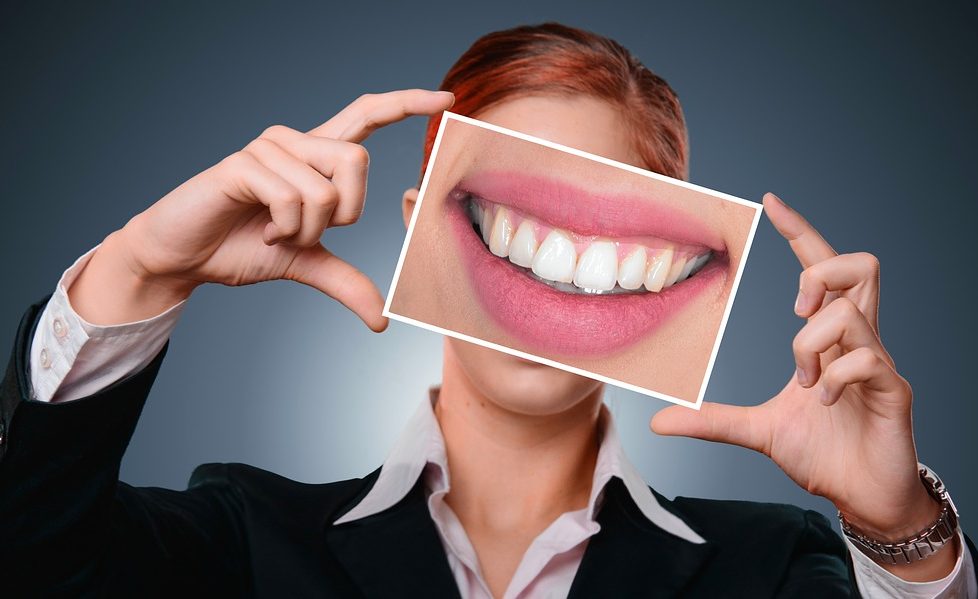Quicker Ways to Achieve Healthy Teeth and Gums at Any Age


Good oral hygiene is essential to ensure you have healthy teeth and gums at every age. To learn more about how you can protect your teeth and gums here is some quick and easy ways to help you achieve the best oral health.
Brushing away the bacteria and tartar build-up on teeth prevents acid wear on your enamel and protects teeth from decay.
Brush your teeth every evening before bed, as bacteria, multiply rapidly overnight due to reduced saliva production, and again at another point during the day.
Avoid pressing too hard when you brush as you may damage the protective enamel layer on your teeth. Use small circular motions, angling the brush away from your teeth as you do so.
Brush for a minimum of 2 minutes and use a toothbrush with a soft bristle head to avoid tooth damage.
Food and drink cause acid wear on your teeth by eroding the enamel and leeching the minerals that give your teeth strength.
Fluoride helps to remineralize your teeth, so it is vital that when choosing toothpaste, you find one that contains adequate levels of fluoride as some dental products do not contain fluoride at all.
Flossing is the best way to remove food particles and tartar build-up from hard to reach places and between your teeth. However, flossing is only effective if the proper technique is used.
Aggressive sawing motions or snapping the floss up and down between teeth not only do not remove bacteria but can also damage sensitive gums and teeth.
Dental experts recommend that adults with good dental hygiene visit the dentist at least once a year. Regular check-ups allow the dentist to monitor the health of your teeth and catch any problems before they become too serious.
During your visit, a dental hygienist will thoroughly clean your teeth and remove any hardened tartar or plaque. The dentist can then check the condition of your teeth and gums for cavities or signs of gum disease.
However, young children and elderly adults may need to visit the dentist as frequently as every 6 months. Dentists need to monitor young children’s developing mouth and the oral health of the elderly since they are more susceptible to dental issues like gum disease and dry mouth.
If you notice any changes to your teeth, gums or overall oral health, contact your local private dentist to book an appointment.
Smoking is bad for your general health and well-being, but it can also have unforeseen effects on your oral hygiene. Smoking has been linked with mouth cancer, an increased risk of developing periodontitis, and tooth decay.
Smoking inhibits your immune response making it less likely that your body will be able to fight bacterial or viral infections that can attack your teeth and gums.
For assistance in quitting smoking, speak with a healthcare professional or access on of the many national quit smoking support services.
Sugary drinks erode tooth enamel faster than any other food or beverage. High sugar levels provide nutrient for harmful bacteria to multiply, and the sugars convert to acids in the mouth, causing enamel erosion and tooth decay.
Limit your consumption of sugary drinks and drink them preferably with meals and using a straw to prevent direct contact with teeth. The best option to protect your teeth is to eliminate sugary beverages and drink water instead.
Avoid eating sugary snacks, sticky foods like lollies and dried fruits, and reduce your consumption of food high in carbohydrates such as bread and pasta.
Foods that naturally protect your teeth and gums and boost your oral health include leafy green vegetables, crunchy fruits, and vegetables such as celery or apples, avocados, coconut oil, nuts and seeds, and fatty fish.
Mouthwash is a vital part of good oral health as it not only eliminates harmful bacteria, but it also neutralizes acid and remineralizes teeth.
Mouthwash is also an excellent option for very young children or older adults who may have trouble brushing and flossing. Mouthwash can reach areas that brushing can’t and is simpler to use than floss. Choose a mouthwash that contains fluoride and has a low alcohol content.
